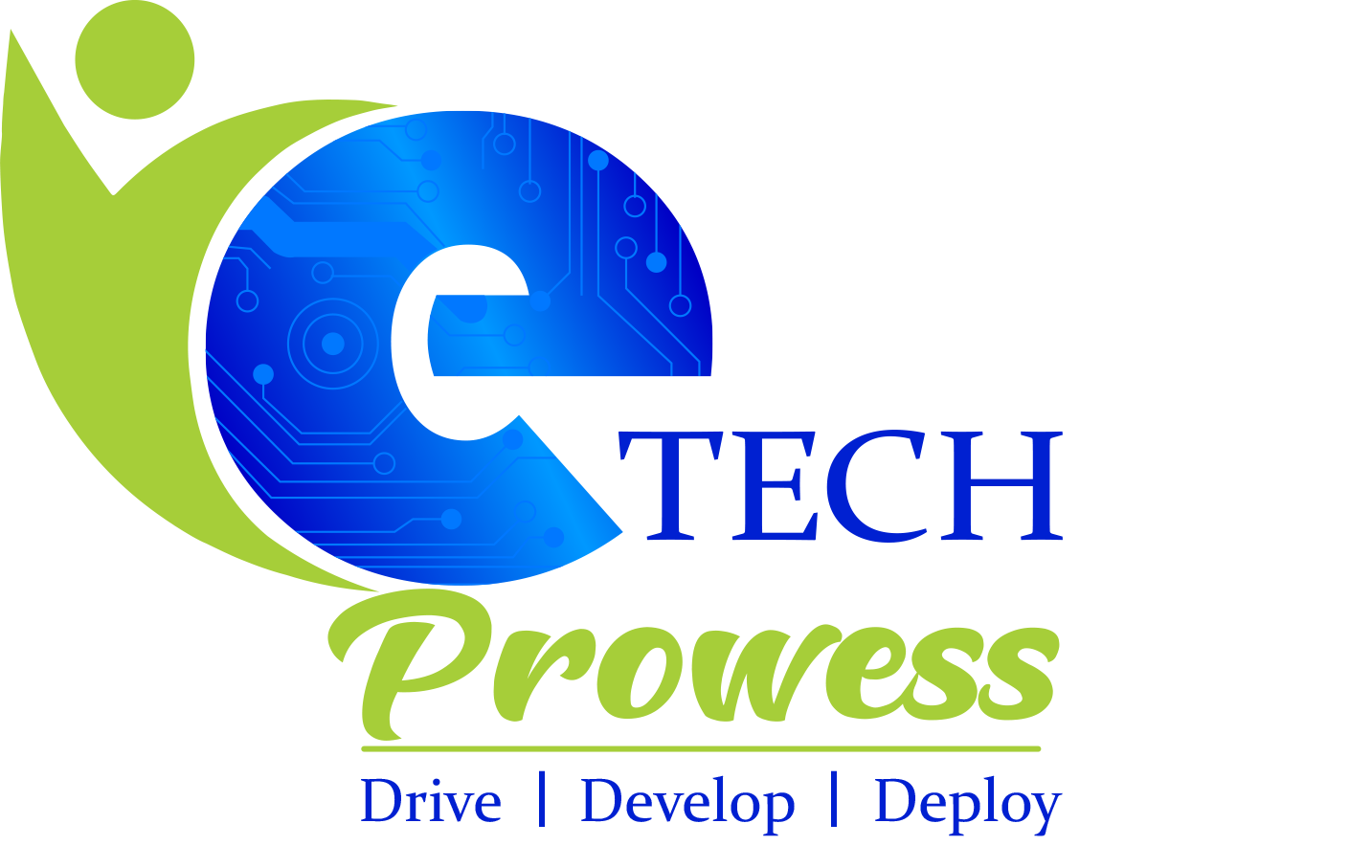
Top 10 essential Full Stack Development skills which are required to master in 2024:
In this blog, we shall be discussing the top 10 crucial full stack development skills that need to be mastered in 2024:
1. Front end frameworks: Developers must be able to master front end frameworks such as HTML, CSS, Javascript, React And Angular Frameworks. Developers must master the following front end frameworks
React: It is a library meant for building user interfaces. It is known for its component-based architecture and virtual DOM.
Angular: A comprehensive framework for developing dynamic SPAs with a strong emphasis on TypeScript.
Vue.js : A progressive framework for developing user interfaces, renowned for simplicity and flexibility.
2. Back-end technologies: Developers have to study different back-end frameworks and technologies, among others:
Node.js : Runtime environment for executing scripts in JavaScript outside of browsers, thus enabling developers to develop scalable web applications.
Express.js: Minimal web-application framework for Node.js that supplies robust features for development of web and mobile applications.
Django: High-level Python Web Framework which encourages rapid development with clean, pragmatic design.
Ruby on Rails: Server-side, applied-web framework which prefers the approach of CoC with DRY.
3. Database: The developers should know relational databases and Nosql databases in their development such as:
Relational Databases: Such as MySQL, PostgreSQL, which rely on SQL for managing and defining data.
NoSQL Databases: Such as MongoDB storing the data in flexible, but loosely JSON-like structure, allowing to use scalable and high-performance applications.
Web Storage: Techniques like localStorage and sessionStorage for storing data on the client side.
4. Version Control: Developers should master version control/git platforms such as:
Git: Distributed version control system that tracks changes to source code as your software is developed. A must for collaboration and to maintain project changes.
GitHub/GitLab: Platforms for hosting and managing Git repositories, with tools for collaboration, code review, and project management.
5. Security: "Software developers should use the best security practices to ward off vulnerabilities in web applications." This could include implementation of security best practices to safeguard applications against threats like SQL injection, cross-site scripting (XSS), and CSRF. They also need to be aware of authentication, authorization, encryption, and secure coding practices
Cybersecurity, developers need some familiarity with Devops tools and tolls for CI/CD for continuous deployment and continuous integration.
6.DevOps: A development practice that merges software development (Dev) with the IT operations (Ops) to reduce the development lifecycle and deliver highly quality software as a continuous process.
CI/CD: Continuous Integration/Continuous Deployment. It is the practices involved in testing and deploying code changes automatically, ensuring that the software can be reliably released at any time. Good practices for CI/CD involve using tools like Jenkins, Travis CI, and GitHub Actions.
7. API and Restful services: Should be able to design and consume the API with restful services such as:
API (Application Programming Interface) : An interface between two software components, thereby, provides the necessary rules and facilities for proper communication between these different software entities. Designing strong APIs requires the setting out of endpoints, request formats, response formats, and methods of authentication.
RESTful Services: A kind of web service that performs CRUD operations by using HTTP requests. The RESTful APIs are stateless and make use of conventional HTTP methods such as GET, POST, PUT, and DELETE.
8.Problem solving: This is analyzing complex problems and coming up with unique solutions for developers to become proficient in the development of front end and back end
9.Adaptability: Continuous learning: Keep updating on the latest in technologies, frameworks, and best practices. Online Coursera, Udemy, and freeCodeCamp offer courses to keep your skills updated. Get involved in coding communities and forums on Stack Overflow, GitHub, and subreddits. The places will teach you things and help you understand what's trending.
Accept Change:Be open to trying different tools and methodologies, and look for various technologies to be used to gain optimal solutions for a project. Adapt to different project requirements and client needs, which may require a quick understanding of new languages or frameworks.
Problem Solving Mindset:
While approaching challenges, maintain a positive attitude and be willing to work out creative solutions.
Try breaking a complex problem into different tasks that can be managed systematically in an effective manner.
10.Time Management: Prioritization Identify which tasks are the most important and try to focus on them. Techniques like the Eisenhower Matrix could be used to categorize tasks into urgency and importance.
Large projects should be broken down into small, manageable tasks, and one should set clear deadlines for each.
Planning and Scheduling:
Make use of tools like Trello, Asana, or Jira to plan and track work. Make a daily or weekly schedule that should be allocated to a particular task. Setting achievable goals and milestones will help keep projects on track.
Avoiding Multitasking: Concentrate on one thing at a time to improve effectiveness as well as minimize mistakes. Lack of focus results in declined productivity as well as stress.
Pomodoro Technique and some other focus strategies help build concentration and maintain regular time for your breaks.
1. Front end frameworks: Developers must be able to master front end frameworks such as HTML, CSS, Javascript, React And Angular Frameworks. Developers must master the following front end frameworks
React: It is a library meant for building user interfaces. It is known for its component-based architecture and virtual DOM.
Angular: A comprehensive framework for developing dynamic SPAs with a strong emphasis on TypeScript.
Vue.js : A progressive framework for developing user interfaces, renowned for simplicity and flexibility.
2. Back-end technologies: Developers have to study different back-end frameworks and technologies, among others:
Node.js : Runtime environment for executing scripts in JavaScript outside of browsers, thus enabling developers to develop scalable web applications.
Express.js: Minimal web-application framework for Node.js that supplies robust features for development of web and mobile applications.
Django: High-level Python Web Framework which encourages rapid development with clean, pragmatic design.
Ruby on Rails: Server-side, applied-web framework which prefers the approach of CoC with DRY.
3. Database: The developers should know relational databases and Nosql databases in their development such as:
Relational Databases: Such as MySQL, PostgreSQL, which rely on SQL for managing and defining data.
NoSQL Databases: Such as MongoDB storing the data in flexible, but loosely JSON-like structure, allowing to use scalable and high-performance applications.
Web Storage: Techniques like localStorage and sessionStorage for storing data on the client side.
4. Version Control: Developers should master version control/git platforms such as:
Git: Distributed version control system that tracks changes to source code as your software is developed. A must for collaboration and to maintain project changes.
GitHub/GitLab: Platforms for hosting and managing Git repositories, with tools for collaboration, code review, and project management.
5. Security: "Software developers should use the best security practices to ward off vulnerabilities in web applications." This could include implementation of security best practices to safeguard applications against threats like SQL injection, cross-site scripting (XSS), and CSRF. They also need to be aware of authentication, authorization, encryption, and secure coding practices
Cybersecurity, developers need some familiarity with Devops tools and tolls for CI/CD for continuous deployment and continuous integration.
6.DevOps: A development practice that merges software development (Dev) with the IT operations (Ops) to reduce the development lifecycle and deliver highly quality software as a continuous process.
CI/CD: Continuous Integration/Continuous Deployment. It is the practices involved in testing and deploying code changes automatically, ensuring that the software can be reliably released at any time. Good practices for CI/CD involve using tools like Jenkins, Travis CI, and GitHub Actions.
7. API and Restful services: Should be able to design and consume the API with restful services such as:
API (Application Programming Interface) : An interface between two software components, thereby, provides the necessary rules and facilities for proper communication between these different software entities. Designing strong APIs requires the setting out of endpoints, request formats, response formats, and methods of authentication.
RESTful Services: A kind of web service that performs CRUD operations by using HTTP requests. The RESTful APIs are stateless and make use of conventional HTTP methods such as GET, POST, PUT, and DELETE.
8.Problem solving: This is analyzing complex problems and coming up with unique solutions for developers to become proficient in the development of front end and back end
9.Adaptability: Continuous learning: Keep updating on the latest in technologies, frameworks, and best practices. Online Coursera, Udemy, and freeCodeCamp offer courses to keep your skills updated. Get involved in coding communities and forums on Stack Overflow, GitHub, and subreddits. The places will teach you things and help you understand what's trending.
Accept Change:Be open to trying different tools and methodologies, and look for various technologies to be used to gain optimal solutions for a project. Adapt to different project requirements and client needs, which may require a quick understanding of new languages or frameworks.
Problem Solving Mindset:
While approaching challenges, maintain a positive attitude and be willing to work out creative solutions.
Try breaking a complex problem into different tasks that can be managed systematically in an effective manner.
10.Time Management: Prioritization Identify which tasks are the most important and try to focus on them. Techniques like the Eisenhower Matrix could be used to categorize tasks into urgency and importance.
Large projects should be broken down into small, manageable tasks, and one should set clear deadlines for each.
Planning and Scheduling:
Make use of tools like Trello, Asana, or Jira to plan and track work. Make a daily or weekly schedule that should be allocated to a particular task. Setting achievable goals and milestones will help keep projects on track.
Avoiding Multitasking: Concentrate on one thing at a time to improve effectiveness as well as minimize mistakes. Lack of focus results in declined productivity as well as stress.
Pomodoro Technique and some other focus strategies help build concentration and maintain regular time for your breaks.

Reviews